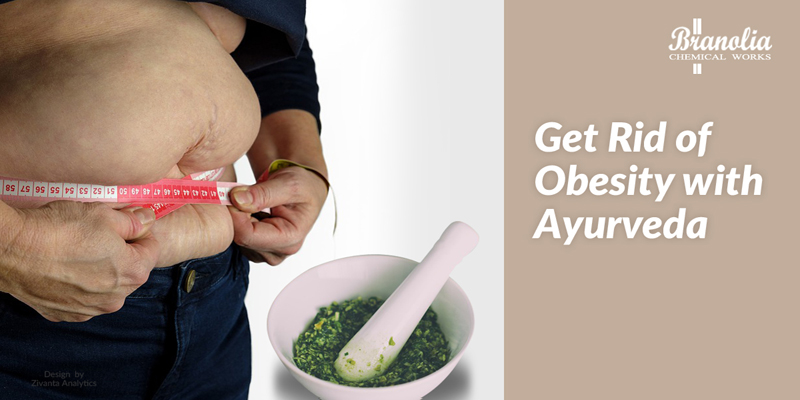
Obesity is a problem that has engulfed our society in the recent years. According to recent reports published by WHO1, 2016 witnessed an upsurge in the number of overweight people. It stated that more than 1.9 billion people were overweight and out of these, 650 million were obese. People are putting in consistent efforts to resolve this issue and have turned to Ayurveda for respite. Ayurveda and its principles give an impetus to the body to stay toned and certain ayurvedic herbs are fruitful in getting rid of the body fat as well, thus mitigating the risk of excess weight gain or acute obesity.
What is Body Fat and How it Causes Weight Gain or Acute Obesity?
Triglycerides, cholesterol and fatty acids are collectively known as body fat. Body fat is stored in a loose connective tissue that is composed of adipocytes. Another name for these tissues is the Adipose tissue. These tissues store energy in the form of fat deposits. These are specially layered under the skin or coating the internal organs of the body. Adipose tissue has two constituent tissues, the white adipose tissue, and the brown adipose tissue. White adipose functions as a reservoir of energy, producing various hormones and cytokines that monitor the metabolic activities of the body whereas the brown adipose tissue converts food into heat energy. The equilibrium between these two tissues determines the amount of fat in the body. However, an extreme imbalance between these two tissues or between the consumption of food and the outgoing of energy can further give birth to health issues such as obesity.
There are specific Ayurvedic elements that have the ability to get rid of body fat. Triphala, Pipul, and Honey cut down on fat deposits and are a genuine help to obese people. Triphala encourages the secretion of cholecystokinin in the body which relays messages to the brain signaling that the stomach is full. This automatically diminishes the food intake resulting in weight loss. Pippali, on the other hand, burns the fatty acids accumulating in the body, thus inhibiting weight gain.
Ayurveda’s best-fit resources to restrain such detestable body fat
The unrivaled remedies of Ayurveda provide the most appropriate solutions to slim down cumbersome body flabs. A few of the Ayurvedic constituents which have multipurpose utilities, one of them being decreasing fat accumulation in the body, are mentioned below
Triphala
The concordant mixture of Amlaki, Bibhitaki, and Haritaki aids weight loss. Triphala is endowed with anti-inflammatory properties along with vitamin C, polyphenols, tannins, flavonoids and saponins, augmented with essential plant compounds. These compounds act as valuable constraints of body weight.
Triphala is present in Livonia along with Kalmegh, one of the products of Branolia Chemical Works aimed at restoring healthy liver metabolism.
Pipul
Pipul along with sunth ( dried ginger) and maricha ( pepper) restrains the excess deposition of fat. It ignites the “digestive fire “ in the gastrointestinal tract which will escalate the process of digestion, leaving no scope for fat to get deposited.
The richness of Pipul and Sunth is preserved in Bitocough and Branolia’s Honeyguard. Pipul, along with Vasak, Tulsi and Jashtimadhu are present in Bitocough which is an expectorant to combat cough and cold whereas Branolia’s HoneyGuard involves Honey, Tulsi, Jashtimadhu, Aswagandha along with Sunth to give an extra boost to our immunity.
Honey
This sweet viscous liquid, when taken before going to bed is exemplary for burning body fat. Honey contains vital hormones that curtail the appetite. This, in turn, enables weight loss as the rate of food consumption deters because of a bad appetite.
Honey is one of the ingredients amalgamated with Tulsi, Sunth, Jashtimadhu, and Ashwagandha in Branolia’s HoneyGuard which cures bronchial disorders.Thus, Branolia Chemical Works uplifts the ideals and principles of Ayurveda and makes our bond with Ayurveda even more concrete.
WHO1: https://www.who.int/news-room/fact-sheets/detail/obesity-and-overweight

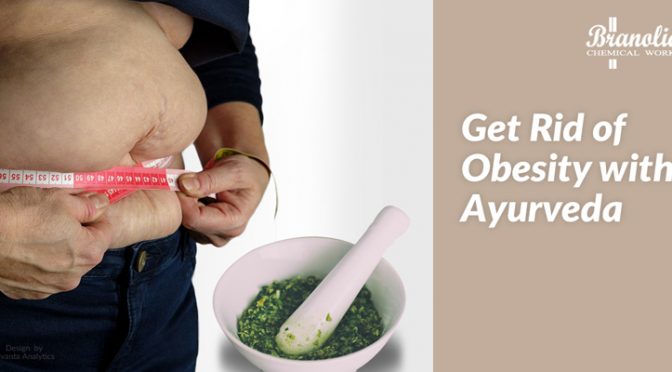
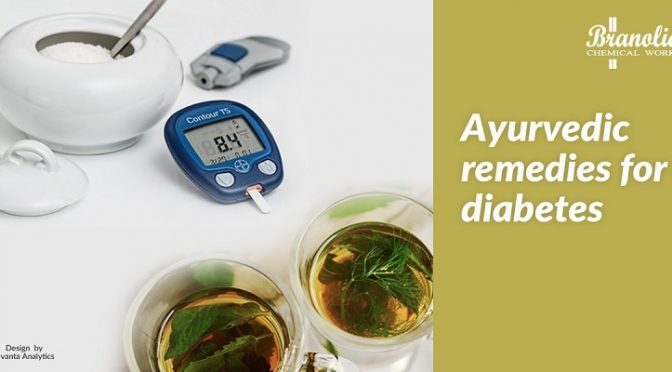
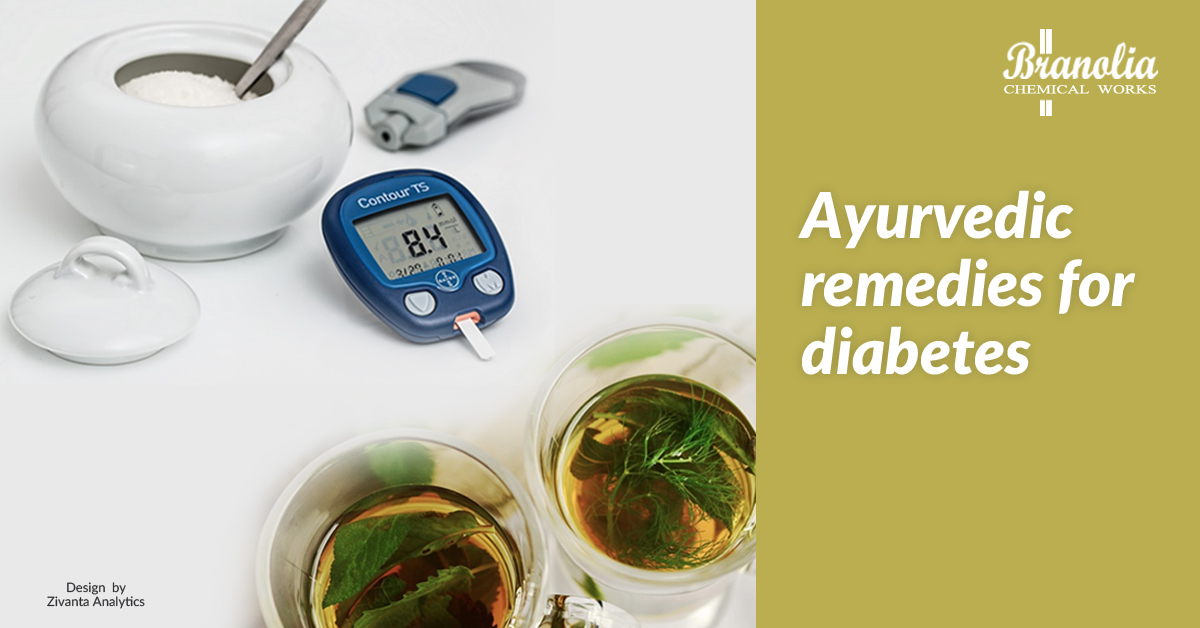

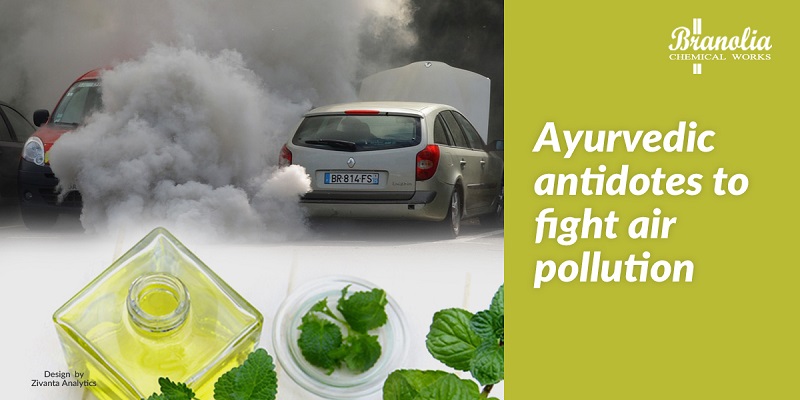
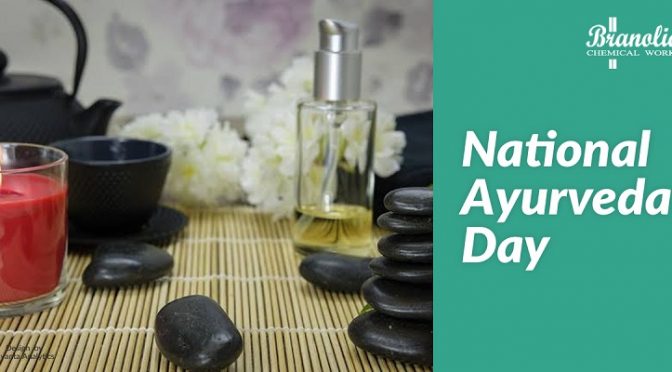
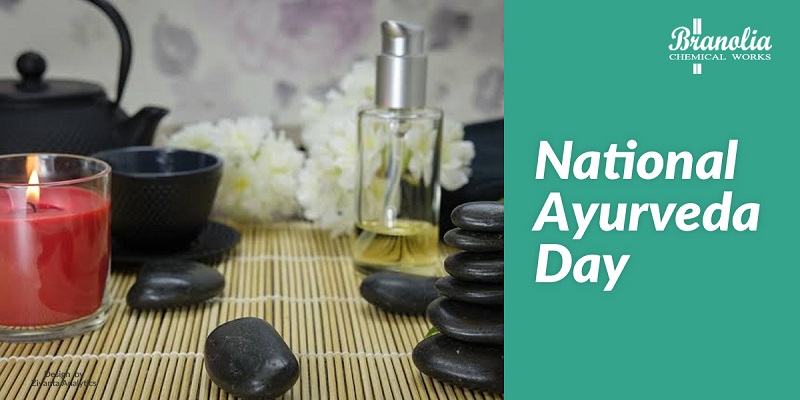



 Clean bowels assure fresh breath. It is a cyclical process that starts with the intake of nutritious food which enables the stomach to function properly and perform proper digestion. This, in turn, ensures a smooth bowel movement, which in turn induces fresh breath. The digestion of food occurs in three stages; namely, the ingestion of food, assimilation of food and elimination of food.
Clean bowels assure fresh breath. It is a cyclical process that starts with the intake of nutritious food which enables the stomach to function properly and perform proper digestion. This, in turn, ensures a smooth bowel movement, which in turn induces fresh breath. The digestion of food occurs in three stages; namely, the ingestion of food, assimilation of food and elimination of food. 




